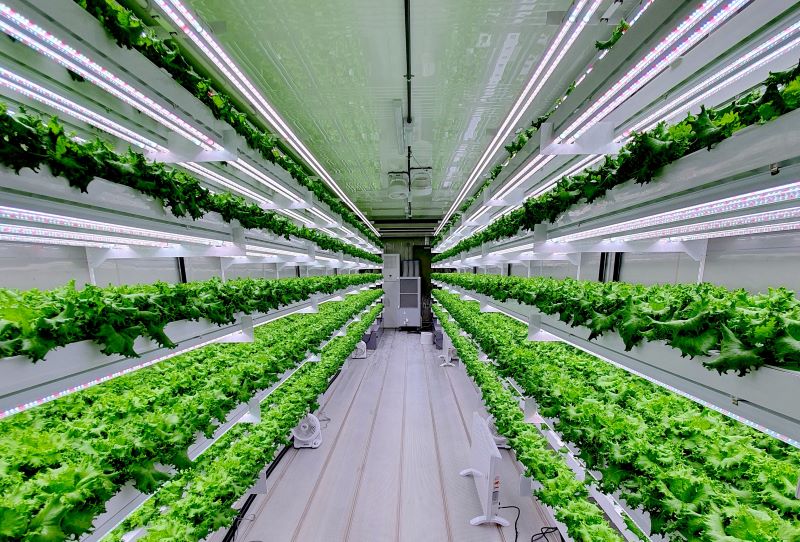Texas farmers are sounding the alarm—and not without reason. “We’re concerned about our ability to produce food,” one Texas farmer recently told local media. It’s not an exaggeration. It’s the reality many agricultural workers across the state are facing. Rising costs, water shortages, and extreme weather are creating a perfect storm that’s making it harder to keep food on tables, both locally and nationally.
A State Built on Agriculture is Feeling the Pressure
Texas has long been a powerhouse of American agriculture. From cotton and cattle to sorghum and produce, the state’s farms feed millions. But in recent years, conditions have shifted. Prolonged drought, fluctuating temperatures, and the cost of fuel and fertilizer have made food production not just challenging—but at times, nearly unsustainable.
One farmer in West Texas pointed to the increasing difficulty of maintaining yields. “Our margins are getting squeezed from every direction,” he said. “We don’t know how long we can keep this up.”
Climate and Water Issues Are Hitting Hard
Drought has become a defining issue. Central and West Texas have seen rainfall decline significantly over the past few years. In farming, less water means fewer crops. And with irrigation costs rising, many farmers are being forced to scale back or abandon fields altogether.
Adding to the concern is the unpredictability of the weather. A late freeze or an early heatwave can ruin entire harvests. “You used to be able to rely on the seasons,” another Texas farmer said. “Now, it feels like you’re gambling every year.”
The Cost of Producing Food is Rising—Fast
It’s not just climate. Supply chain disruptions and inflation have pushed up the cost of doing business. Seed, fertilizer, diesel, and equipment—everything costs more. And while grocery prices have climbed, farm profits haven’t kept pace. Many producers are operating at a loss or just breaking even.
“We’re concerned about our ability to produce food—not just this year, but in the future,” one farmer warned. “If this keeps up, we’ll see fewer farms and less food.”
What This Means for Consumers
The impact of these challenges won’t stop at the farm gate. Reduced production could lead to higher grocery prices, limited food availability, and a greater dependence on imported goods.
Texas farmers aren’t giving up, but they’re being clear about what’s at stake. Their message is simple: if we want to keep producing food, we need to start paying attention—now.



